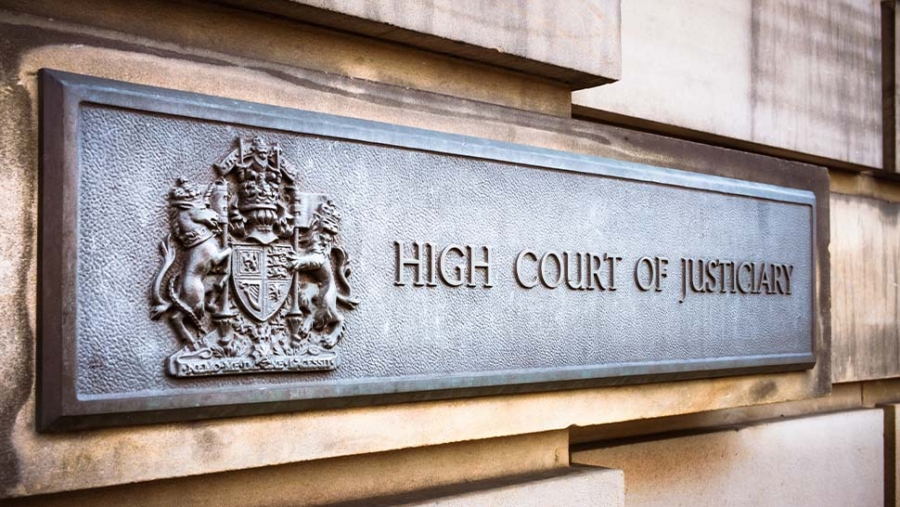

The Court of Protection could be relevant to many of us, either directly or in relation to family members who lose mental capacity. It is the section of the High Court which has ultimate jurisdiction over personal, financial and health and welfare affairs.
With lasting powers of attorney and enduring powers of attorney, the court has the power to revoke the authority which an attorney has, but usually there needs to be evidence of the attorney acting inappropriately before it does so.
If someone does not have capacity, and there is no lasting power of attorney in place, a deputy can be appointed by the court to assist with the decision-making relevant to that person. However, it can be a slow and expensive process.
The problems associated with the deputyship process are:
- The expense of the application and the bond or insurance fee that must be paid each year
- The length of time it takes (presently 12 months)
- The detailed process for supervising the deputy’s activities, involving annual reports and supervision fees
There is increasing concern that the process is unwieldy and inappropriate when the person without capacity has few assets. Benefits alone can be managed through the appointee process, but this does not work if you want to share responsibility with another person, or if there are savings.
As a result of these concerns, the Ministry of Justice recently launched a consultation on an alternative system where a person without capacity, or vulnerable person (VP), has smaller sums of money:
- In any six-month period the deputy can withdraw up to £2,500 of the VP’s money. A single extension may be possible
- The person supporting the VP would have to establish their suitability to manage the funds e.g. by being a guardian
- Once the maximum withdrawal has been made, no further withdrawals can be made
- The scheme (i.e. the accounts to which the rules apply) must be run by financial services firms such as banks or building societies
- Where longer-term management of the account is required, a full deputyship order would be required
The consultation of the proposed changes ended 12 January 2022. No doubt a report based on the responses will be published in due course.










